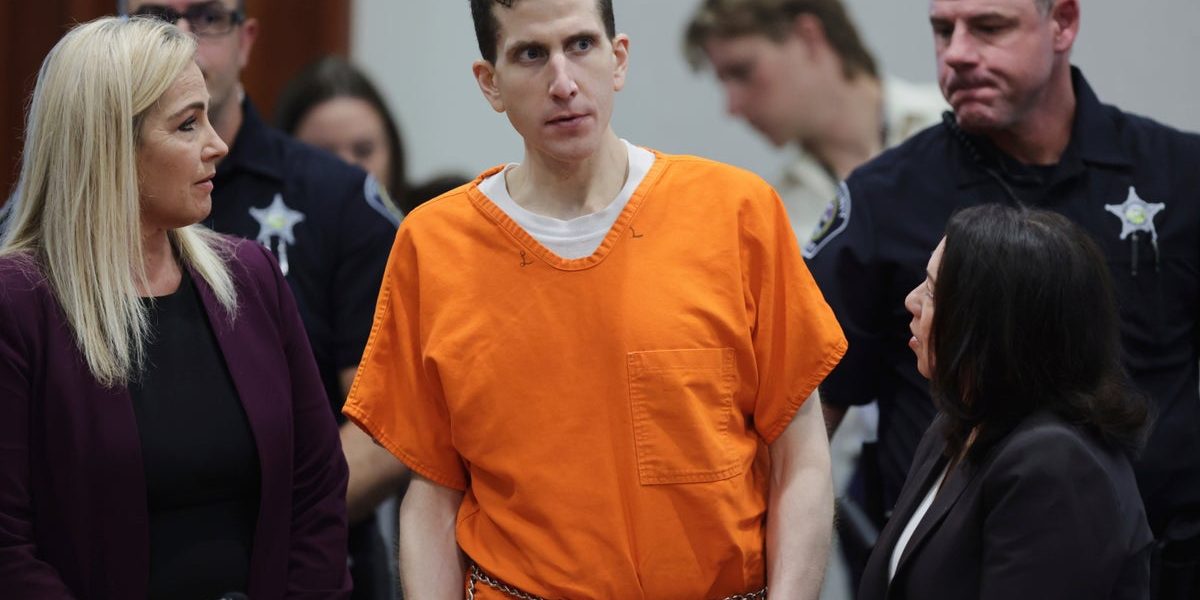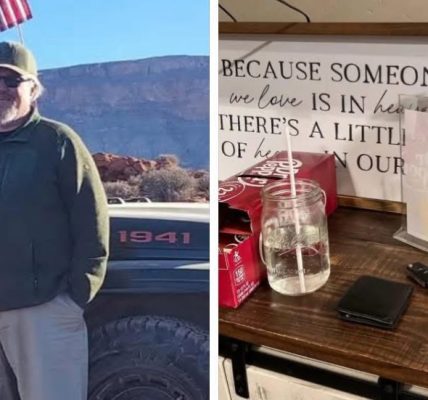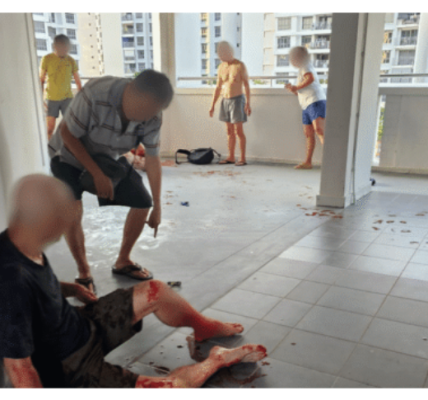Idaho has no laws preventing Bryan Kohberger from selling his story. What the victim families can do to stop him
Bryan Kohberger has remained silent since his arrest for the stabbing deaths of four University of Idaho students, but his silence could be strategic – he could one day profit by selling his story from prison. And in Idaho, there’s nothing in the law to stop him.
The former criminology PhD student, who was sentenced this week to life in prison, could eventually pen a tell-all memoir from behind bars – potentially revealing a motive for the gruesome slayings that rocked the town of Moscow in November 2022.
Unlike some states, Idaho does not have a “Son of Sam” law — a statute that prevents criminals from profiting off the publicity of their crimes through books, movies, or interviews.
Named after the infamous New York serial killer David Berkowitz, who tried to sell his story to publishers in the 1970s, those laws were designed to keep killers from cashing in. But without such a law on the books, Kohberger could legally write a tell-all memoir from his cell — and potentially make money doing it.
But the families of his victims could sue him in civil court for emotional distress or wrongful death damages. While they can’t stop him from writing, they can stop him from making money off their tragedy.
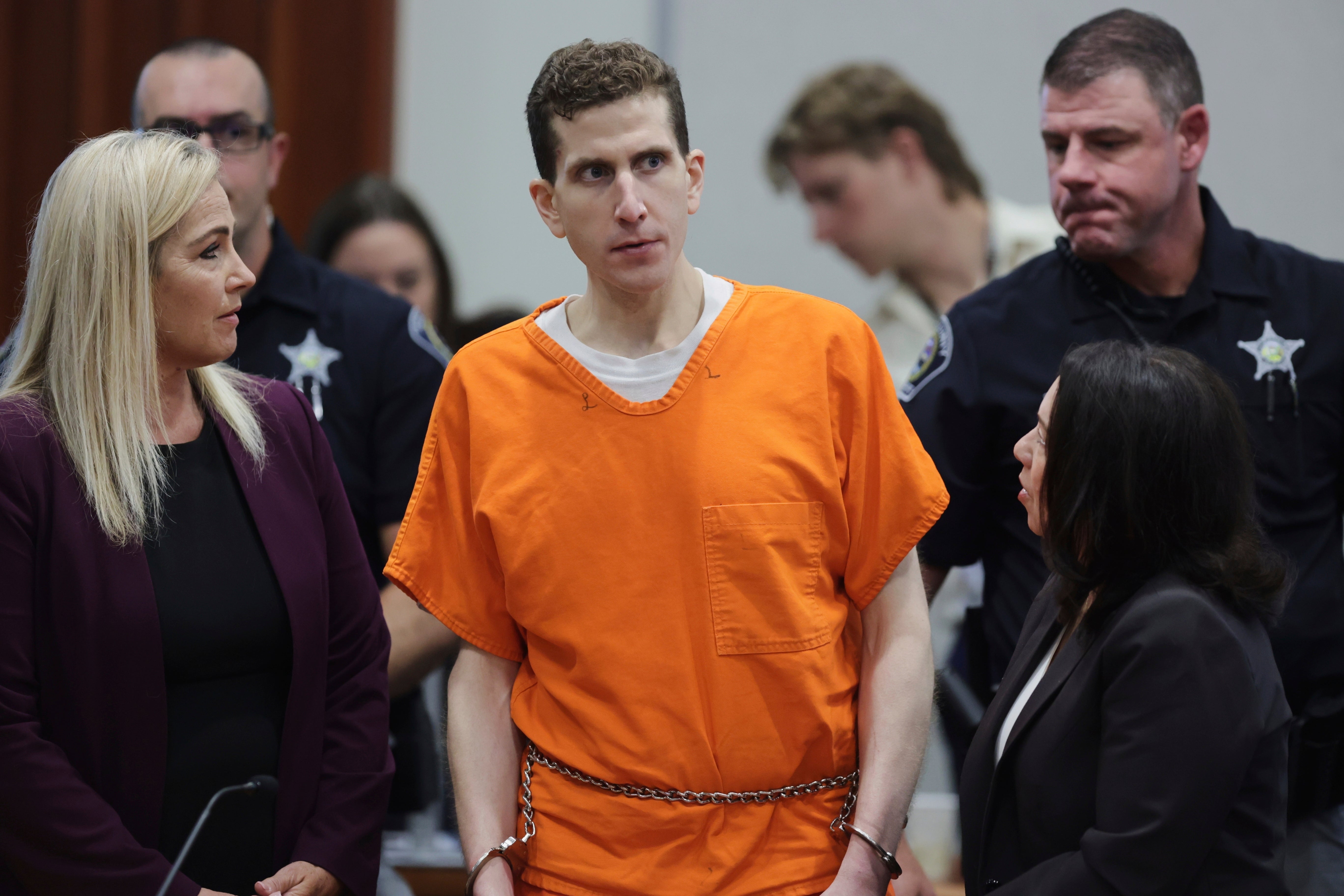
It wouldn’t be unprecedented. The family of Ron Goldman famously sued O.J. Simpson after he published If I Did It, an account of the murders he was acquitted of criminally but found liable for in civil court. The Goldmans were ultimately awarded the book’s rights and profits.
Kohberger’s sentencing on Wednesday marked the end of the legal battle but offered little closure for the victims’ families. In a shocking twist earlier this month, he agreed to a plea deal that took the death penalty off the table, just weeks before his trial was due to begin.
Instead, he was sentenced to four consecutive life terms for the murders of Madison Mogen, Kaylee Goncalves, Xana Kernodle and Ethan Chapin, an additional 10 years for burglary, and ordered to pay $290,000 in restitution.
Before Judge Steven Hippler officially handed down the decision, he offered Kohberger the opportunity to speak, a chance that many believed – or at least, hoped – that he would use to reveal details about the murders, most importantly why he did it.
Instead Kohberger responded with just three words: “I respectfully decline” – sending a wave of disappointment across the courtroom.
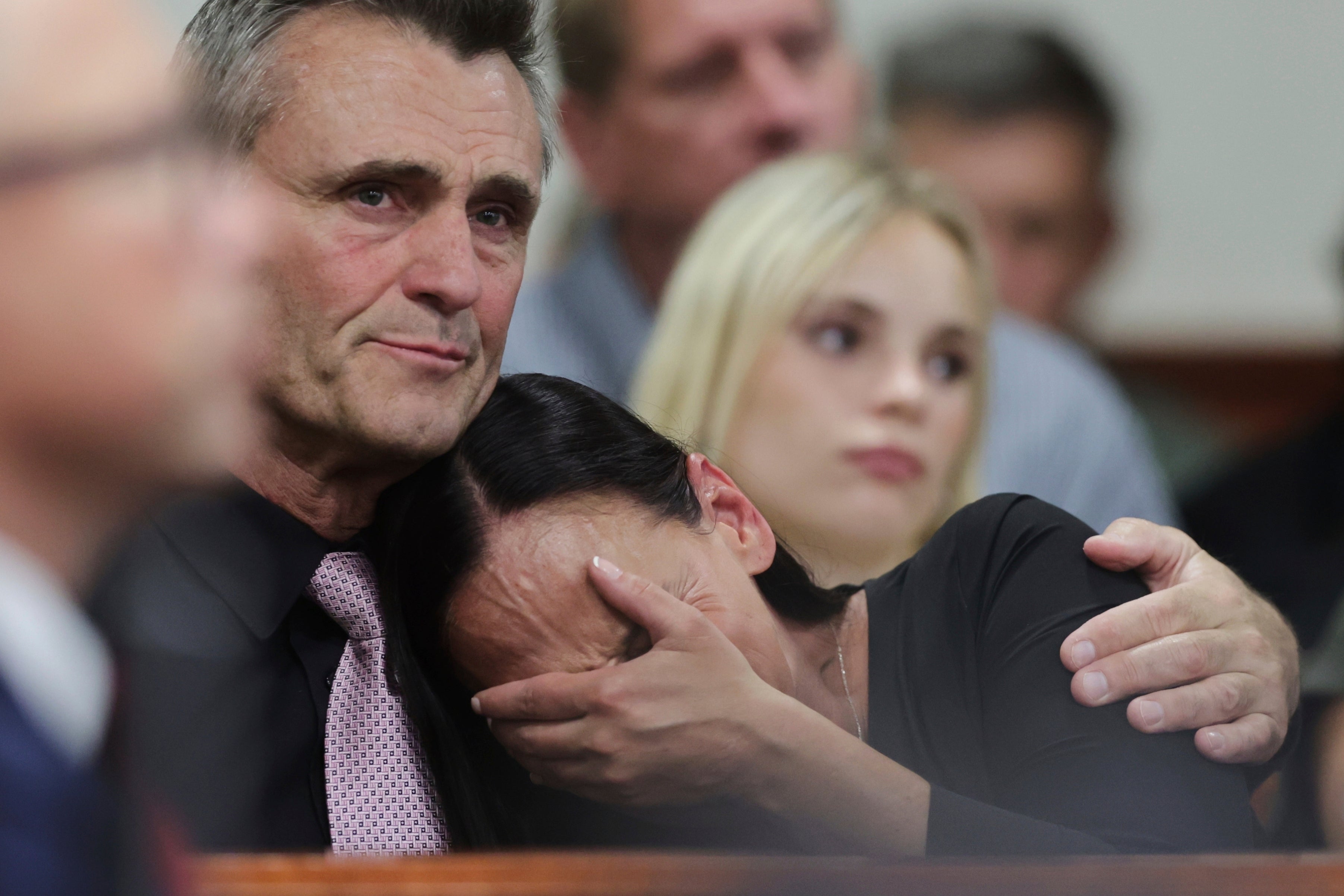
The plea deal did not include any obligation for Kohberger to share his motive, apologize or express remorse.
There is also no stipulation in the agreement to prevent him from doing interviews with media or writing a book, the Associated Press reported.
Before the slayings, Kohberger was a criminology student at nearby Washington State University. He had reportedly studied serial killers, including Dennis Radar, also known as BTK, who published a memoir of his own from behind bars.
That memoir was co-authored with Dr. Katherine Ramsland, who was Kohberger’s professor and adviser at DeSales University in Pennsylvania, when he began his studies in 2018.
After the plea deal, Ramsland spoke out about her former student’s conviction, questioning whether her classes and curriculum gave him a blueprint to carry out the murders.
“I have to look at the framework of what I taught and wonder, did I inspire him in some way?” Ramsland told NewsNation earlier this month. “But I can’t second-guess that because I may have inspired somebody else to become an FBI agent. And unfortunately, in this field, that’s what we live with.”
She taught Kohberger in four classes, including courses on forensic psychology, death investigation and “Dangerous Minds: The Psychology of Anti-Social Behavior.” She added that the antisocial behavior course involved extensive case analysis of serial killers and mass murderers.
“He seemed eager to be in the classroom,” she recalled. “He was polite, he was respectful, intense and curious.”
Now, with no new answers as a result of the sentencing, families of Kohberger’s victims have expressed worry that he might be holding back details of the crime in hopes of a future payday.
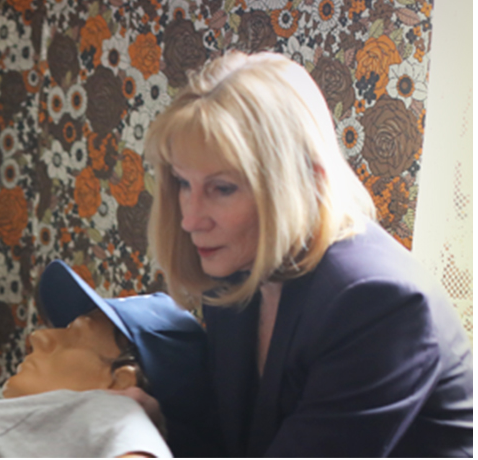
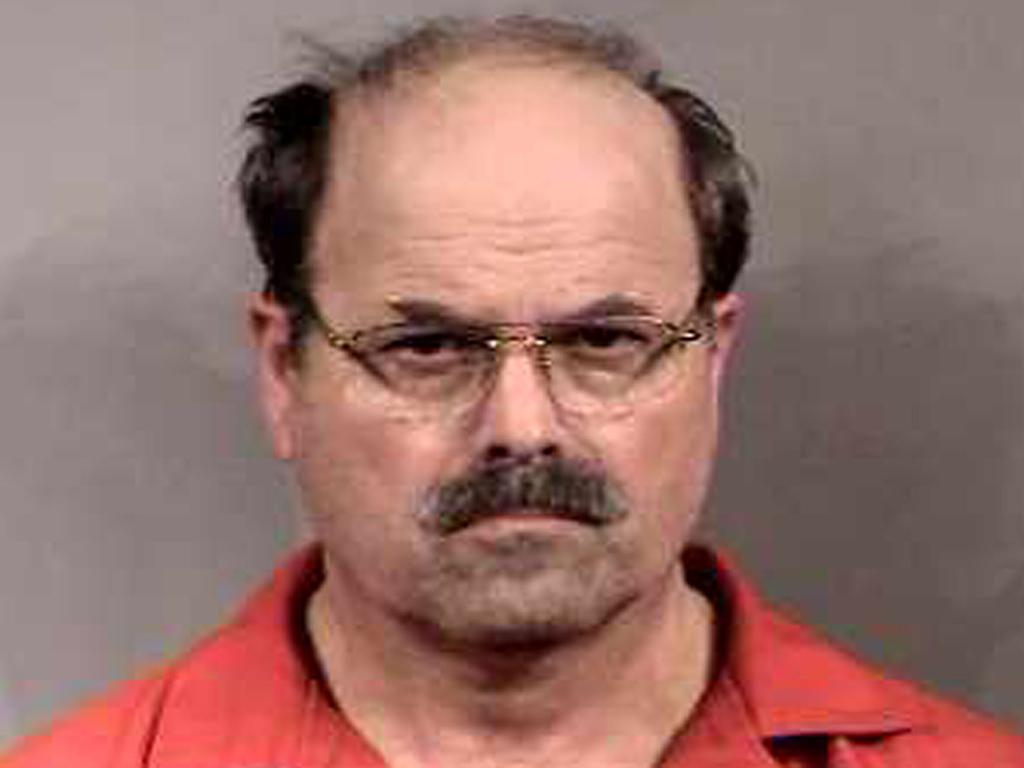
At the sentencing, Judge Hippler addressed the families’ concern about Kohberger’s future potential projects behind bars.
“I know there has been concern about him collaborating on books, or movies, or other media projects, and I truly hope that someone does not stoop to affording him this spotlight that he desires, in the name of clicks, royalties, or profits,” Hippler said. “In my view, the time has now come to end Mr. Kohberger’s 15 minutes of fame.”
The judge also acknowledged the families’ and public’s desire to understand why the crime happened, but cautioned against giving Kohberger more public attention.
“The need to know what is inherently not understandable makes us dependent upon the defendant to provide us with a reason, and that gives him the spotlight, the attention and the power he appears to crave,” Hippler said.
“Yet, even if I could force him to speak, which legally I cannot, how could anyone ever be assured that what he speaks is the truth?”
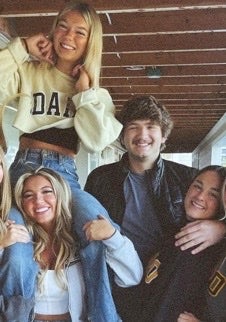
“Do we really believe after all this, he’s capable of speaking the truth or of giving up something of himself to help the very people whose lives he destroyed? Rather, I suspect the so-called reason would be dished out in enticing, self-serving and aggrandizing untruthful bits, leaving people wanting more information, more insight, and thus enhancing even further the power he seeks to hold,” Hippler added.
Latah County Prosecutor Bill Thompson echoed this at the news conference following the sentencing, telling the crowd in the courthouse that he could have asked for a statement or allocution at sentencing as part of a plea agreement — but even then, there’s no guarantee it would have been truthful.
“I don’t believe that there’s anything that would come out of his mouth that would be the truth,” Thompson said.
On the eve of the highly-anticipated sentencing, President Donald Trump wrote on social media that he would have “forced” Kohberger to “publicly explain” why he killed the four students.
“While Life Imprisonment is tough, it’s certainly better than receiving the Death Penalty but, before Sentencing, I hope the Judge makes Kohberger, at a minimum, explain why he did these horrible murders,” Trump wrote on Truth Social. “There are no explanations, there is no NOTHING.”
While giving a victim impact statement on Wednesday, Xana Kernodle’s aunt, Kim Kernodle, chose to coax potential information out of Kohberger in a softer way.
She told the convicted killer that she had forgiven him and asked him to call her from prison, hoping he would answer her lingering questions about the killings.
“Bryan, I’m here today to tell you I have forgiven you, because I no longer could live with that hate in my heart,” she said. “And for me to become a better person, I have forgiven you. And any time you want to talk and tell me what happened, get my number. I’m here. No judgment.”

